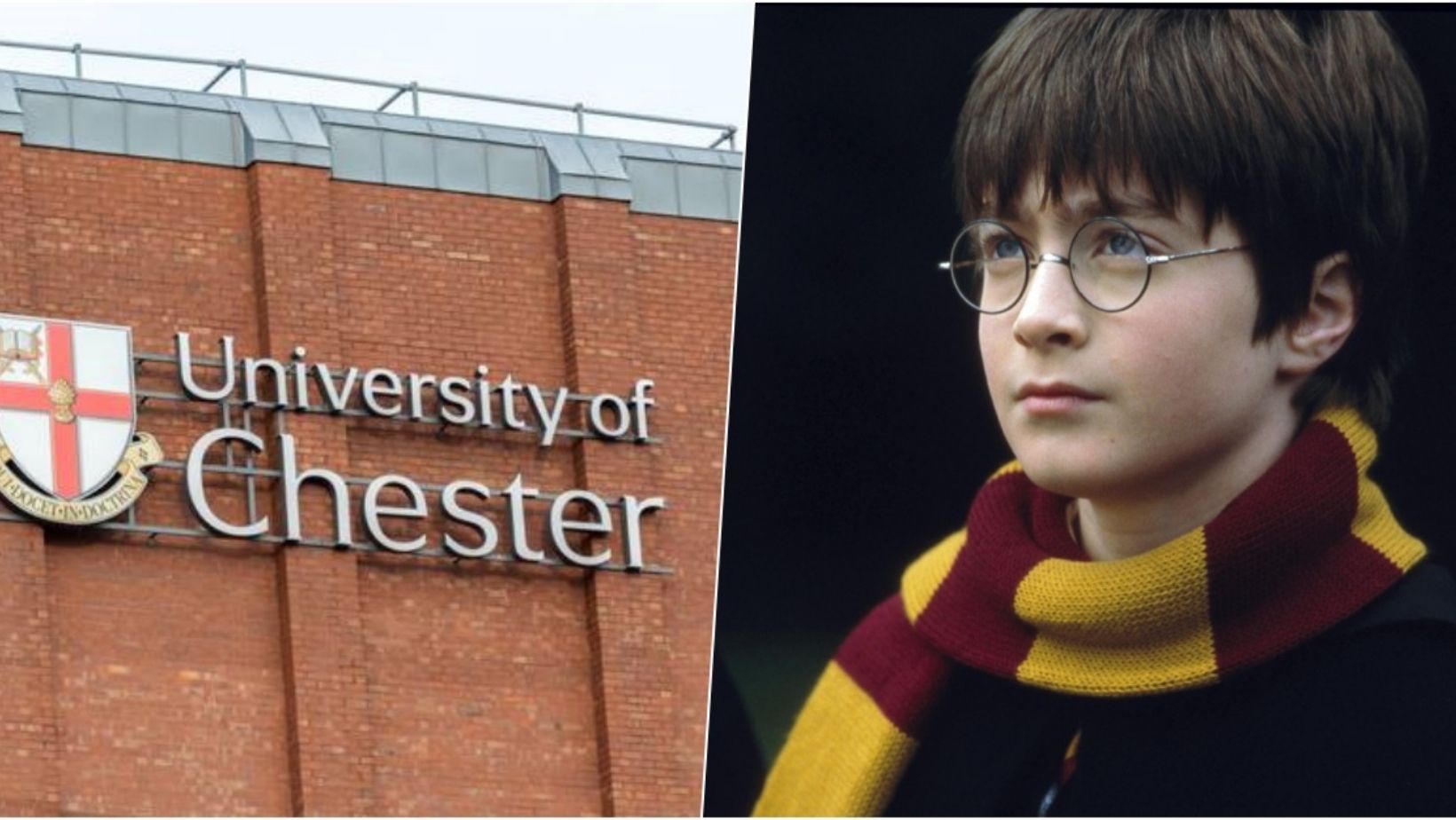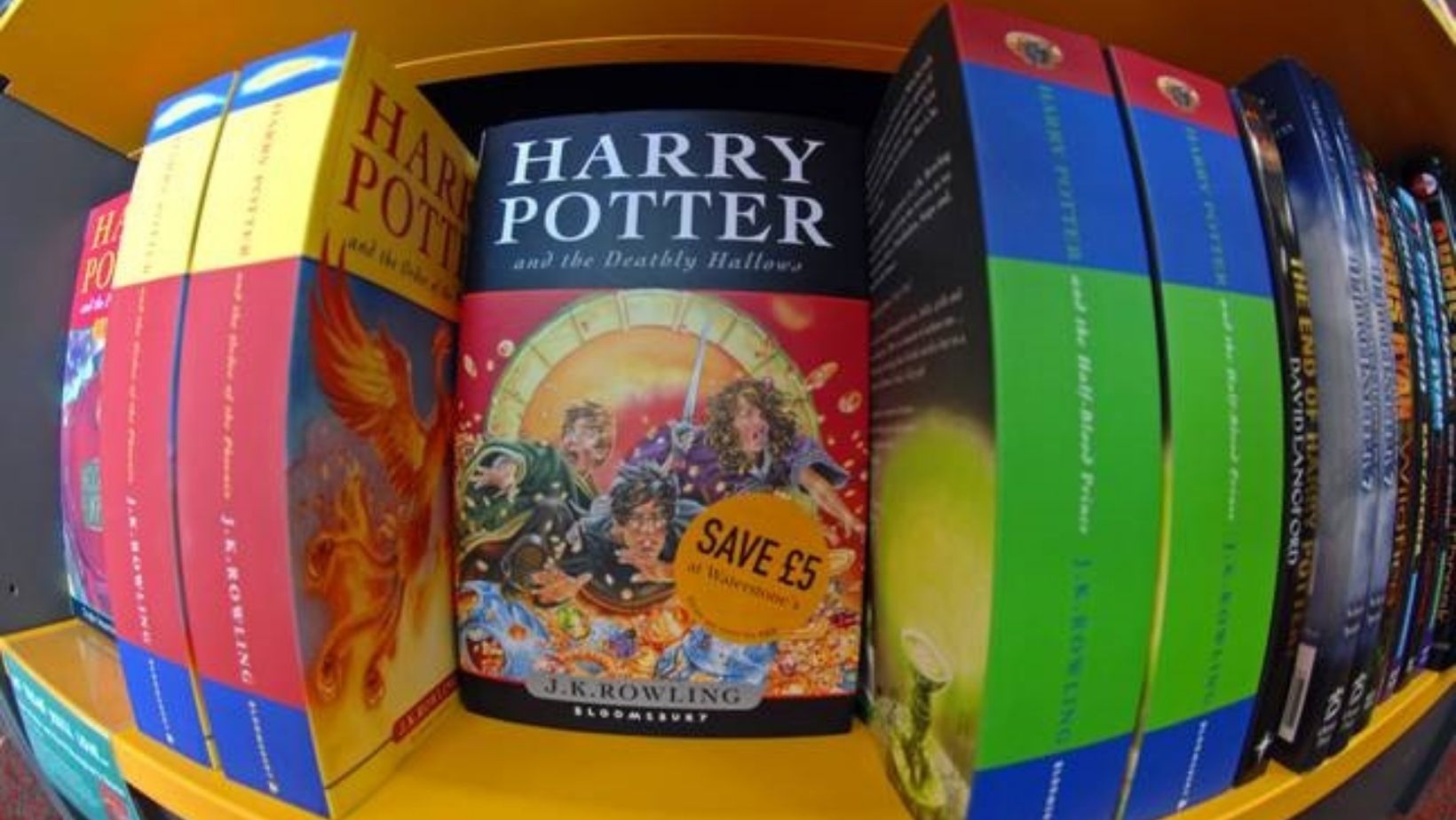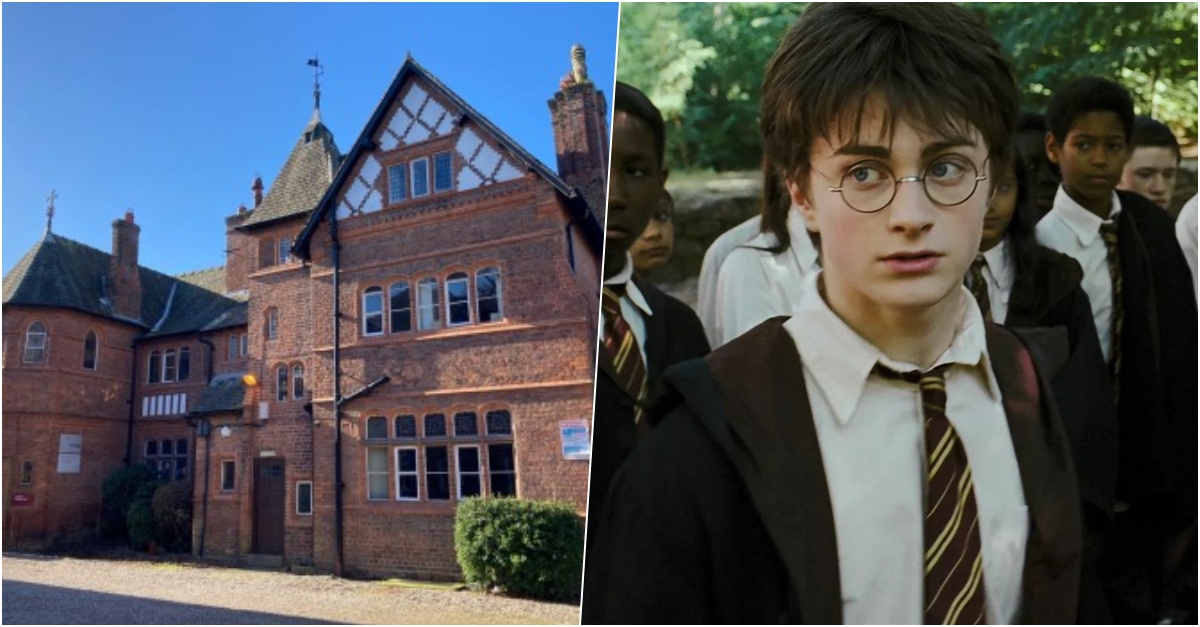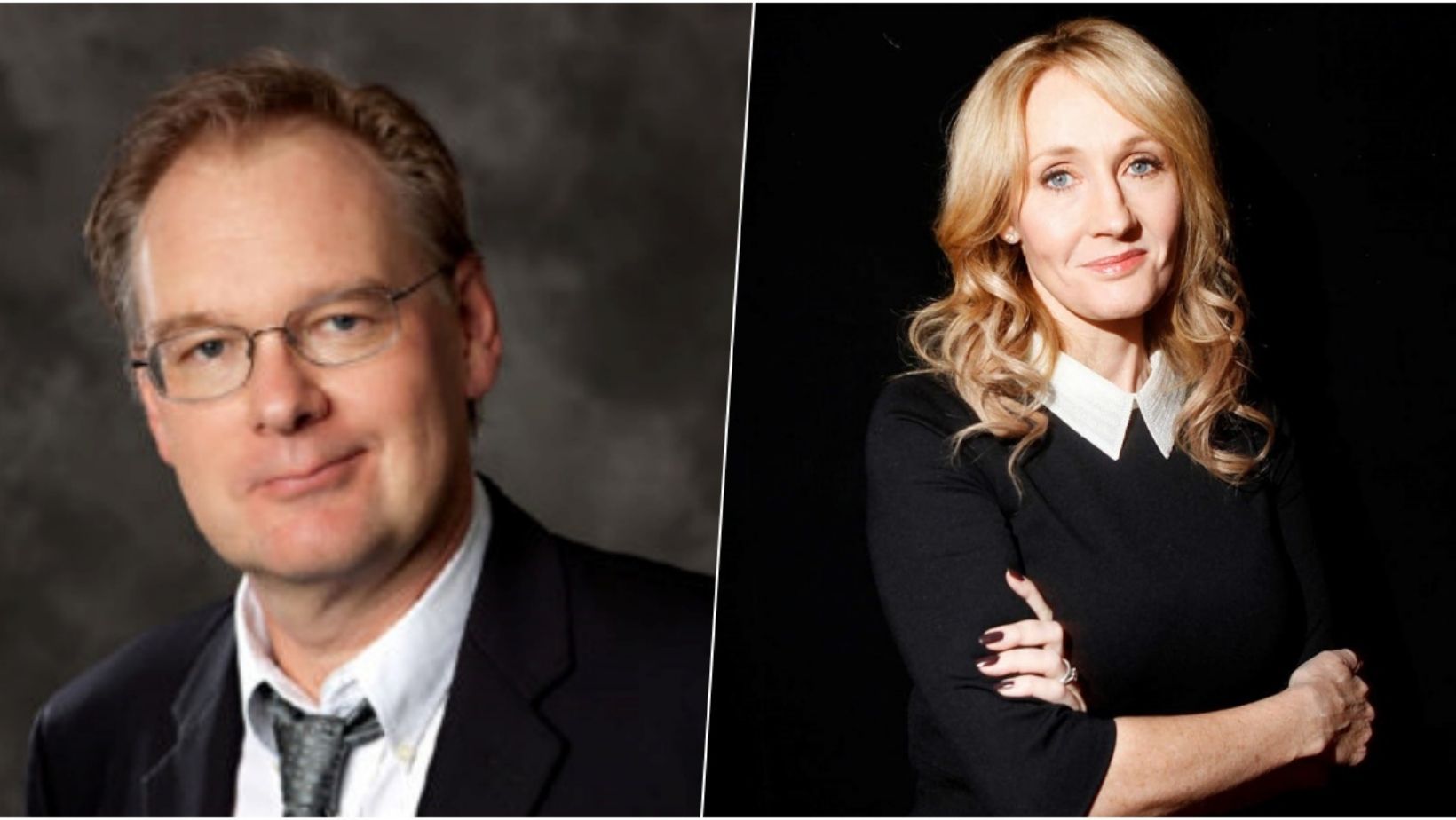The English department at Chester University issued a trigger warning to students who read Harry Potter books and the likes of it.
Chester University’s English Department has issued a trigger warning to students reading Jk Rowling’s 1st Harry Potter book, claiming it could lead to “Difficult conversations about gender, race, sexuality, class, and identity.”
The book was originally written in 1997 and kickstarted one of the most successful series of all time. The complete franchise has sold over 500 million copies across more than 60 languages.
JK Rowling’s Harry Potter and the Philosopher’s Stone is among the literary texts for the course, run by Dr. Richard Leahy, a lecturer in English literature, alongside Suzanne Collins’ The Hunger Games and Philip Pullman’s Northern Lights.
Copies have been shipped out to schools and universities across the UK and beyond for years. The said department put out the alert for its approaches to the literature module, which requires freshers to read Harry Potter and the Philosopher’s Stone.
All three texts are considered either fantasy, dystopian, or sci-fi young adult fiction, and feature either magical creatures or post-apocalyptic battles to the death between children. Dr. Leahy previously appeared to criticize Rowling, who had divided opinion with her view on transgender rights.
Andrew Bridgen from Tory MP defended the book saying: “Before they were successful films, series such as Harry Potter, the Hunger Games, and Phillip Pullman’s Northern Lights had already succeeded in Introducing millions of children to books and literature. Kids understand that in any successful story characters have to face challenges, just as we all, in our lives to face them too.”
“Children understand that stories without difficult themes don’t tend to be very good stories or reflect real life.
Children and young people are amazingly resilient. It is very sad that universities are seeking to rob them of that resilience with ridiculous trigger warnings,” he added.
The said warning will be seen at the bottom of an online handbook for first-year students at the University, underneath mentions of the 3 sets of text they must read. It states: “Although we are studying a selection of young adult texts in this module, the nature of the theories we apply can lead to some difficult conversations about gender, race, sexuality, class, and identity.”
“These topics will be treated objectively, critically, and most crucially, with respect. If anyone has any issues with the content, please get in touch with the module leader to make them aware.”
Some schools have removed references to Rowling from their premises after a backlash over her views on transgender rights. Several stars of the Harry Potter films, including Daniel Radcliffe and Emma Watson, have distanced themselves from her views.
Rowling was also conspicuously absent from a special tv show marking 20 years since the launch of the hugely successful film franchise. Dr. Leahy has previously posted tweets direct at Rowling, hinting at the trans row. In march 2019 he wrote: “JK Rowling reveals that he is not the best mate of mine.”
Chester University has claimed that the paragraph has generic and is not like Harry Potter or the other two books. A spokesman said: “Those studying literature should expect to encounter all the issues, challenges, and complexity of humankind. As a university, we promote rather than avoid discussion on these.”
“We do of course include a generic paragraph on our reading lists to draw attention to the opportunity for individual students to talk with tutors if anything is particularly difficult because of its relevance.”
“Tutors know how to signpost students to specialist support which is occasionally needed but often the tutorial or seminar discussion is sufficient for a student to put an issue in context. The example paragraph you picked out is generic rather than specific to the three texts,” they added.







